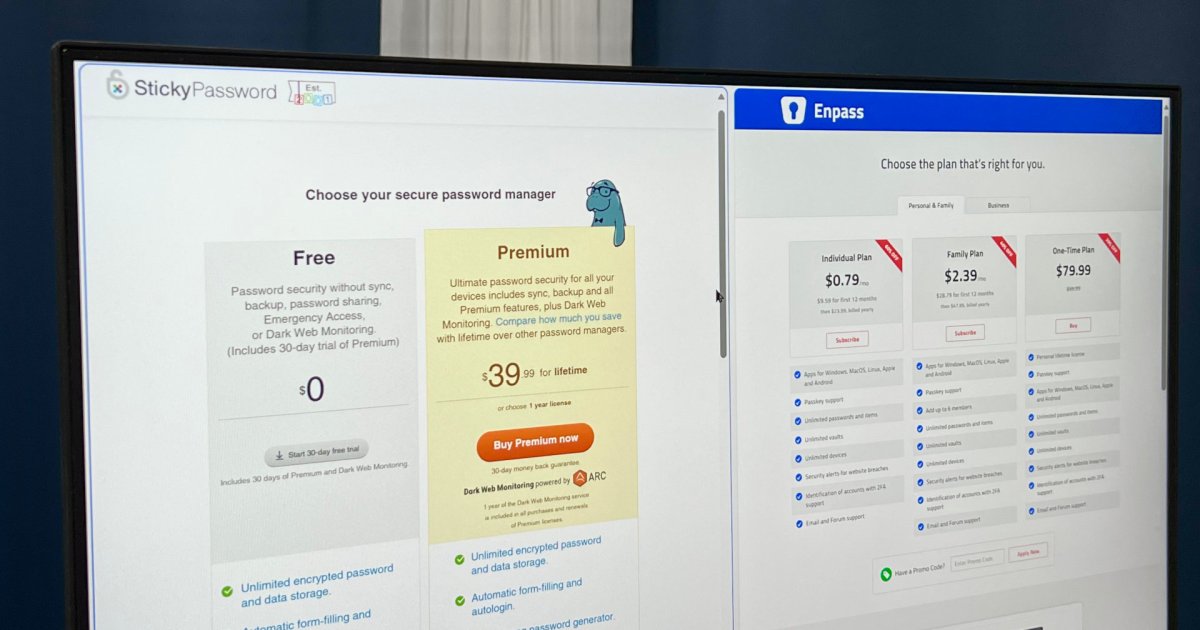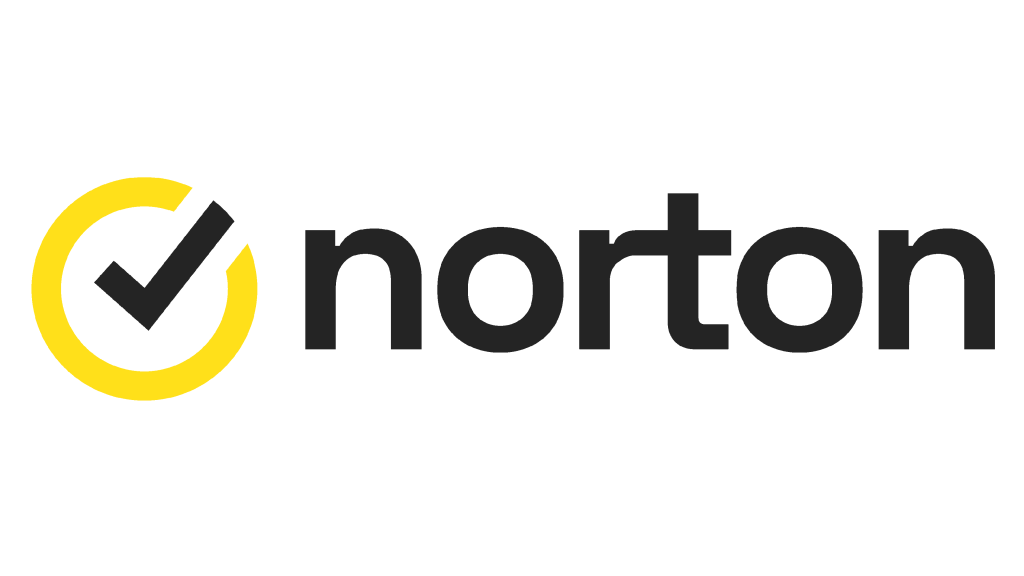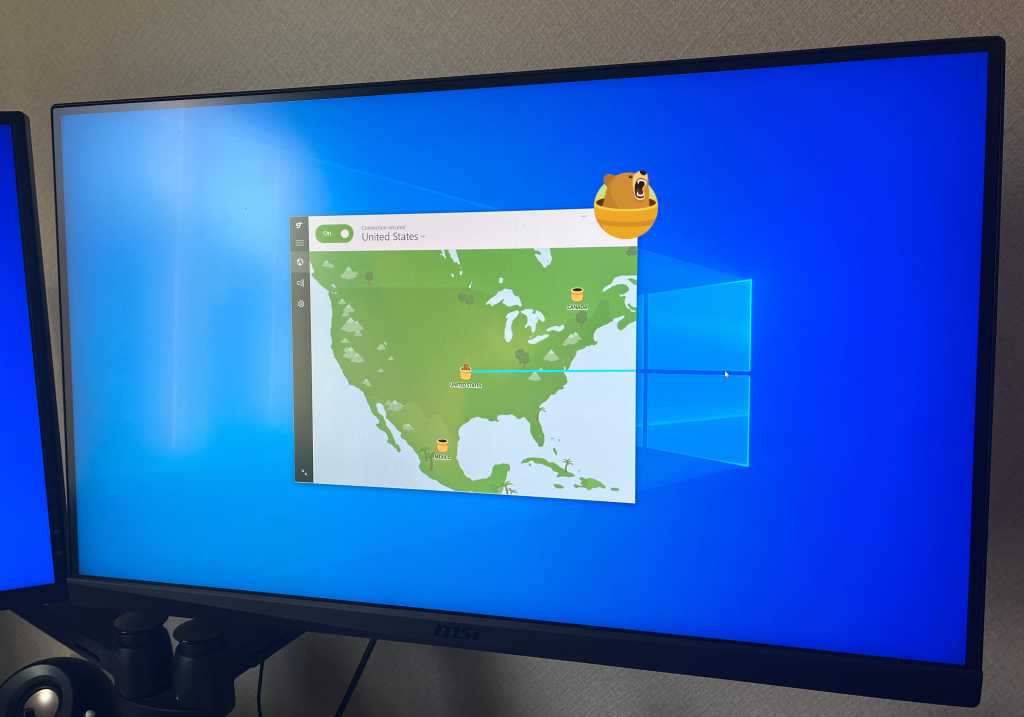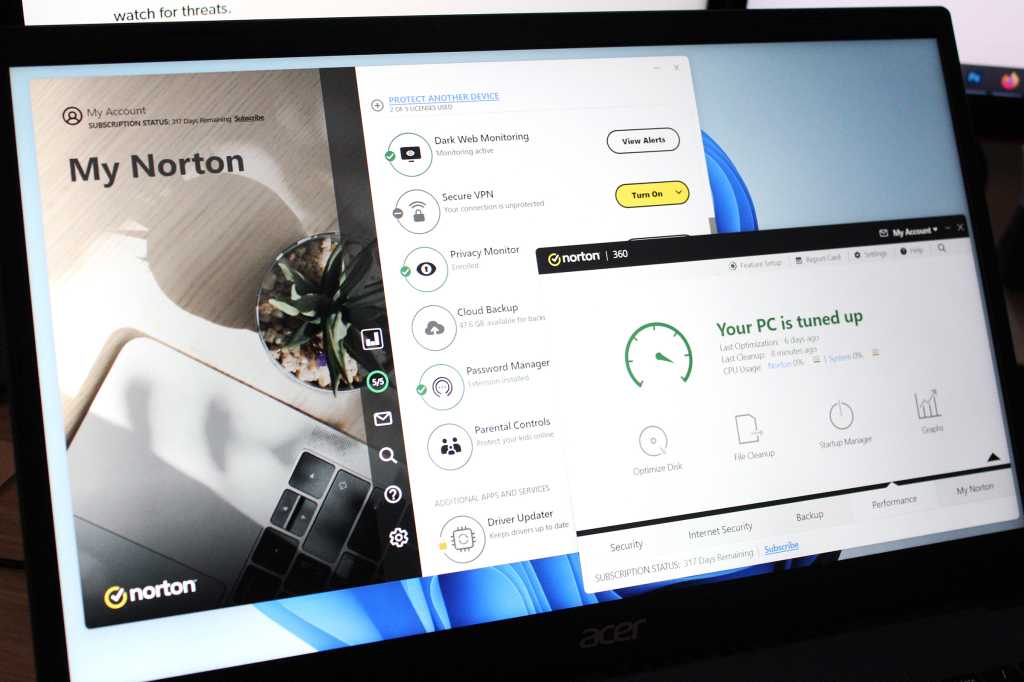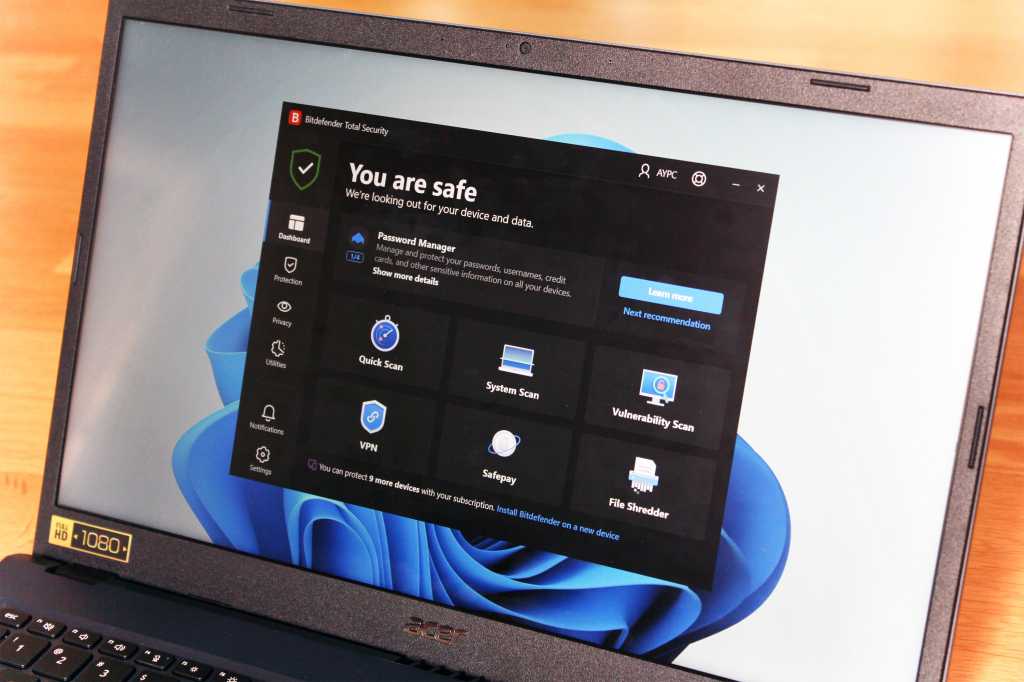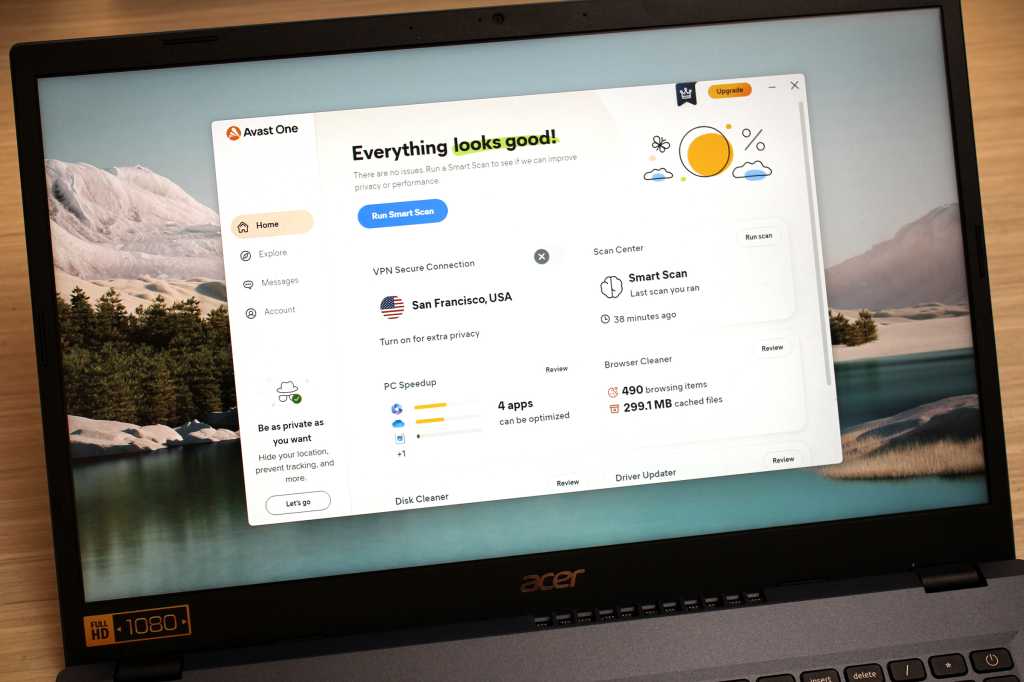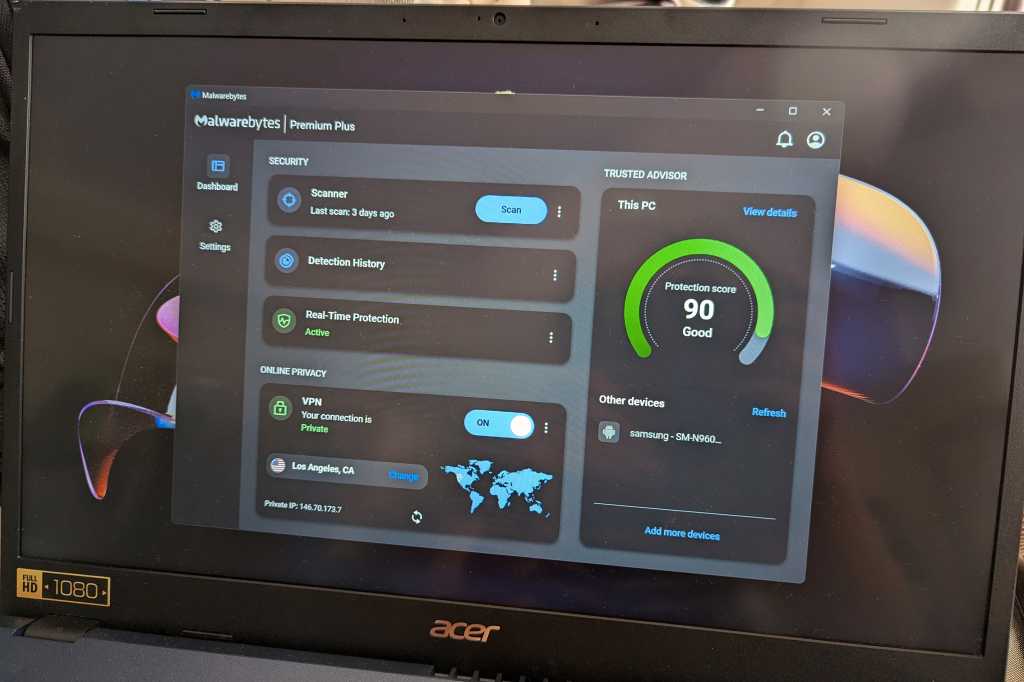2024 witnessed a series of unprecedented data breaches, exposing sensitive personal information of millions and raising serious concerns about online security. From Social Security numbers to credit card details, hackers gained access to a trove of valuable data, impacting individuals and organizations alike. Let’s delve into some of the most significant cybersecurity incidents of the year, highlighting the importance of vigilance and proactive security measures.
National Public Data Breach Exposes Billions of Records
A class-action lawsuit against background check company National Public Data (NPD), also known as Jerico Pictures, alleges the theft of a staggering 2.9 billion personal records. The lawsuit claims hackers leaked sensitive data, including names, addresses, and family information, onto the dark web. Many affected individuals were unaware NPD even possessed their data. The lawsuit demands NPD implement a robust threat management system, conduct regular database scans, and undergo third-party cybersecurity assessments for the next decade.
While the exact breach date remains unclear, an identity theft protection service reportedly notified an affected user around July 24th, with the breach potentially occurring as early as April. The lawsuit suggests unencrypted personal information may have contributed to the vulnerability. In the wake of such incidents, contacting the Social Security Administration and implementing credit freezes with major credit bureaus are crucial steps to mitigate potential damage.
Ticketmaster Breach Compromises Millions of Customer Accounts
In a separate incident, hackers allegedly infiltrated Ticketmaster’s systems, claiming to have stolen data belonging to 560 million customers. This breach coincided with a Department of Justice lawsuit against Ticketmaster for alleged market monopolization. The compromised data reportedly includes emails, phone numbers, partial payment card information, and names. The hacker group, ShinyHunters, allegedly offered the stolen data for sale on Breach Forums for $500,000.
While the method of intrusion remains unconfirmed, reports suggest hackers may have exploited a third-party contractor to access Ticketmaster’s Snowflake cloud account. Ticketmaster filed an 8-K filing with the SEC, indicating the severity of the incident. This breach underscores the importance of robust security measures, including multi-factor authentication, to safeguard user accounts.
Change Healthcare Ransomware Attack Disrupts Healthcare Nationwide
A ransomware attack on Change Healthcare, a UnitedHealth Group subsidiary, disrupted healthcare services across the U.S., affecting 100 million users. The attack, attributed to the BlackCat ransomware group, reportedly stemmed from a lack of multi-factor authentication on employee login credentials. The breach resulted in delayed payments to hospitals and doctors, prescription disruptions, and reimbursement issues for insurance companies. Senator Ron Wyden described the incident as “the biggest cybersecurity disruption to health care in American history.” This incident emphasizes the critical need for robust cybersecurity practices within the healthcare sector.
AT&T Data Breach Impacts Millions of Current and Former Customers
AT&T, the second-largest U.S. carrier, experienced multiple data breaches affecting millions of current and former customers. One breach impacted 7.6 million current and 65.4 million former account holders. The compromised data included phone numbers associated with AT&T wireless accounts, including home phone numbers. Notably, law enforcement apprehended at least one individual in connection with the breach. AT&T has urged customers to monitor their accounts for suspicious activity and change their passcodes.
Synnovis Pathology Lab Targeted in Ransomware Attack
A ransomware attack on Synnovis, a U.K. pathology lab, resulted in the theft of records pertaining to 300 million patient interactions with the NHS. The cybercrime gang Qilin allegedly stole sensitive information, including blood test results for cancer and HIV, as well as data related to surgeries, blood transfusions, and STDs. The compromised data included NHS numbers, patient names, and test descriptions. The hackers reportedly posted a portion of the stolen data online. This incident highlights the vulnerability of healthcare data and the devastating consequences of cyberattacks.
Strengthening Cybersecurity: A Shared Responsibility
While it’s impossible to eliminate all cyber threats, prioritizing cybersecurity can significantly reduce your vulnerability. Avoid weak passwords, leverage password managers, scan emails for malware, employ firewalls and endpoint protection, back up your files regularly, download software only from trusted sources, and exercise caution when clicking on links.
Ultimately, robust cybersecurity requires a collective effort. Individuals must adopt safe online practices, and organizations must prioritize robust security measures to protect sensitive data. As we move forward, staying informed about evolving cyber threats and implementing proactive security measures is essential for individuals and organizations alike.




